Automation has revolutionized industries across the globe, sparking conversations about its profound effects on our world. From economic growth to societal changes, the question remains: What’s an impact of automation on the fabric of our lives? This article dives into automation’s influence on economic growth, employment, enterprises, and society, offering insights into the trends shaping our future.
Introduction to Automation
In the ever-evolving landscape of technology, automation stands as one of the most transformative forces shaping our world. But what’s an impact of automation on society, industries, and jobs? From streamlining everyday tasks to revolutionizing businesses, automation is a double-edged sword that carries both opportunities and challenges. In this article, we dive into the profound effects of automation on various aspects of life, exploring its influence on enterprises, employment, and society as a whole.
What’s an Impact of Automation on Society?
Automation impacts society in profound ways, bringing about significant changes in how we live, work, and interact. On one hand, it enhances convenience and efficiency in our daily lives. Automated systems like smart home devices and voice assistants simplify tasks, allowing us to focus on what matters most. However, on the flip side, the rapid adoption of automation raises concerns about social inequalities and job displacement.
Understanding the Role of Automation in Daily Life
From self-checkout kiosks at grocery stores to AI-powered recommendation systems on streaming platforms, automation is seamlessly integrated into our daily routines. These technologies not only save time but also provide personalized experiences. For instance, healthcare systems now use automated diagnostic tools to improve accuracy, while transportation is being revolutionized by autonomous vehicles. The ubiquity of automation highlights its growing role in reshaping societal norms and expectations.
How Automation is Shaping Industries
Automation is reshaping industries by enhancing productivity and driving innovation. However, the transition is not without its challenges.
How Does Automation Impact Companies?
Automation has a transformative effect on companies, enabling them to achieve greater efficiency and scale. Let’s explore both the positive and negative aspects of this evolution.
Boosting Efficiency and Productivity Through Automation
By automating repetitive tasks, companies can allocate resources more effectively, focus on innovation, and deliver higher-quality products and services. For example, robotics in manufacturing has significantly reduced production times while ensuring precision. Similarly, AI-driven analytics enable businesses to make data-informed decisions, optimizing operations and boosting profitability.
Challenges Faced by Companies Adopting Automation
Despite its benefits, adopting automation presents hurdles. High initial costs, technical complexities, and resistance to change within the workforce are common obstacles. Additionally, companies must navigate ethical concerns, such as data privacy and the potential for exacerbating workforce inequalities. Addressing these challenges is crucial for ensuring sustainable growth.
Positive vs. Negative Impact of Automation on Employment
Automation’s influence on employment is a contentious topic. While it creates new opportunities, it also leads to job displacement. Striking a balance between these outcomes is essential for long-term societal well-being.
The Impact of Automation on Jobs
The future of work is being redefined by automation. Understanding its impact on employment is key to preparing for this transformation.
How Will Automation Affect Jobs in the Future?
Automation will undoubtedly alter the job market. Routine and manual jobs are most susceptible to automation, while roles requiring creativity, critical thinking, and emotional intelligence are less likely to be replaced. For example, customer service jobs may evolve as chatbots handle routine queries, leaving human agents to focus on complex interactions.
Emerging Job Opportunities in the Age of Automation
While automation displaces certain roles, it also creates new opportunities. Careers in AI development, robotics, data analysis, and cybersecurity are on the rise. Moreover, industries like renewable energy and healthcare are witnessing a surge in demand for skilled professionals, driven by automation’s integration.
Skills Required for a Workforce Transformed by Automation
To thrive in an automated world, workers must adapt by acquiring new skills. Proficiency in technology, programming, and data literacy is increasingly valuable. Additionally, soft skills like adaptability, problem-solving, and collaboration remain indispensable in navigating a rapidly changing job landscape.
Negative Impact of Automation on Employment and Society
Despite its advantages, automation poses challenges that cannot be overlooked. Job displacement disproportionately affects low-skilled workers, exacerbating economic inequalities. Additionally, over-reliance on automation can lead to societal detachment and decreased human interaction, impacting mental well-being and community cohesion.
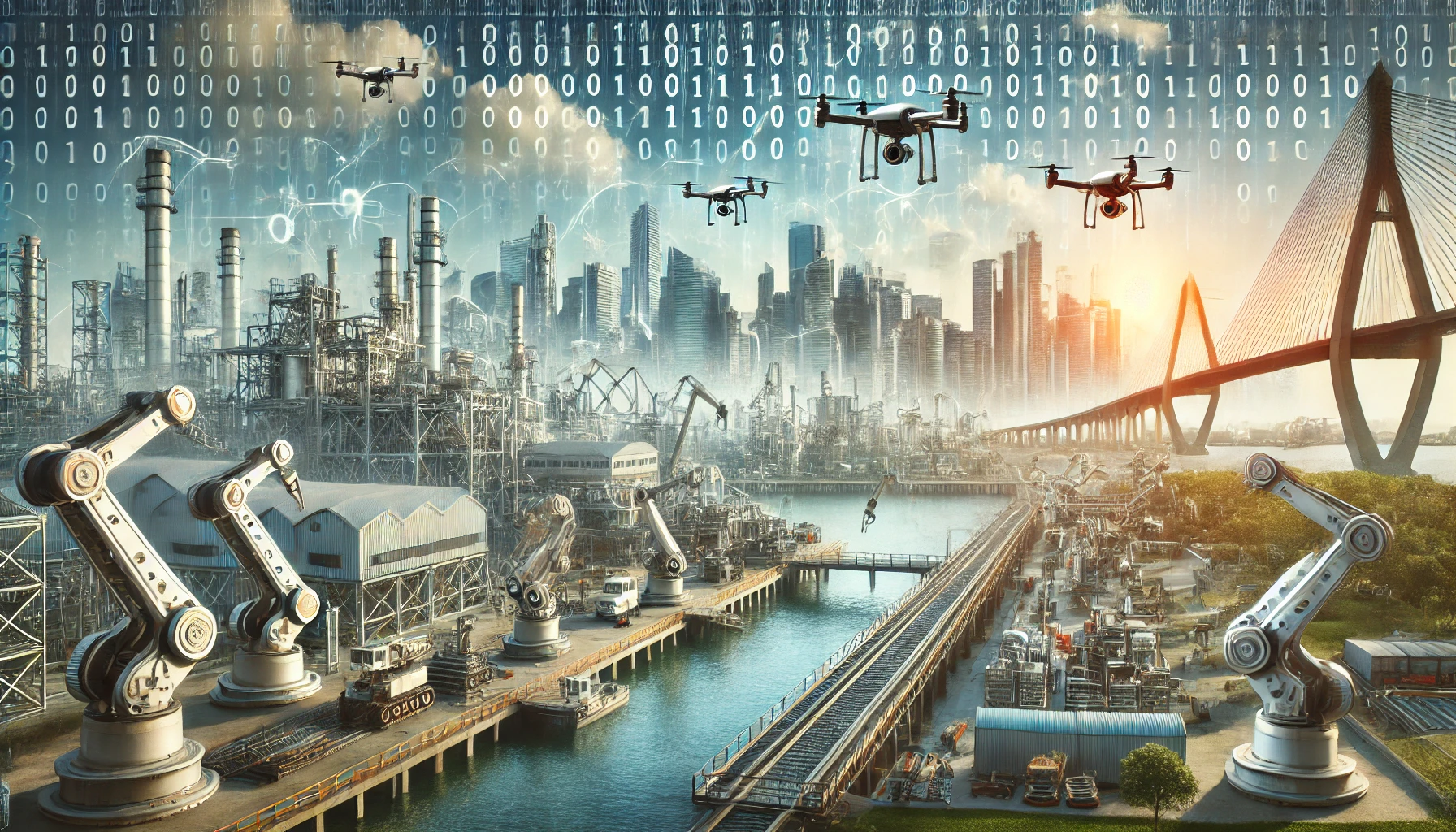
What’s an Impact of Automation on Economic Growth?
Automation has become a cornerstone of economic progress, streamlining processes and maximizing productivity. But what’s an impact of automation on economic growth, really? Let’s explore its role in innovation and ethical considerations.
Automation’s Role in Driving Innovation and Profits
Automation has transformed businesses by:
- Enhancing Efficiency: Machines and algorithms outperform humans in repetitive tasks, ensuring consistent results.
- Boosting Innovation: By automating mundane processes, companies redirect resources to research and development, fostering innovation.
- Increasing Profits: Reduced labor costs and improved production rates directly impact the bottom line.
For instance, industries like manufacturing and e-commerce have leveraged automation to scale operations while cutting expenses, setting new benchmarks in profitability.
Balancing Economic Growth with Ethical Concerns
While automation propels economic growth, ethical dilemmas arise, such as:
- Job Displacement: Automation replaces repetitive jobs, raising unemployment concerns.
- Economic Inequality: The wealth gap widens as highly automated companies accumulate significant profits.
- Workplace Ethics: Machines lack human empathy, which could lead to depersonalization of services.
Striking a balance between automation-driven growth and addressing its ethical implications is crucial for sustainable development.
Exploring Automation Trends and Predictions
Automation continues to evolve, with certain industries taking the lead. What’s an impact of automation on these trends and predictions?
Key Industries Leading the Automation Revolution
Some sectors experiencing rapid automation include:
- Healthcare: Robotic surgery and AI diagnostics enhance precision and patient care.
- Retail: Automated checkouts and inventory management systems optimize operations.
- Transportation: Autonomous vehicles redefine logistics and personal mobility.
- Manufacturing: Robotics streamline production, improving quality and reducing waste.
These industries exemplify how automation reshapes traditional workflows, creating opportunities and challenges alike.
Insights into What’s an Impact of Automation Weegy
Weegy, an AI-based platform, emphasizes automation’s ability to:
- Accelerate decision-making through data analysis.
- Improve accuracy in problem-solving tasks.
- Enhance learning experiences by offering instant responses.
Platforms like Weegy illustrate how AI-driven automation influences our daily interactions and decision-making processes.
Conclusion: Preparing for an Automated Future
Automation is a powerful force reshaping our world, influencing society, industries, and employment. So, what’s an impact of automation? It’s a dynamic interplay of opportunities and challenges. By embracing its potential while addressing its downsides, we can create a future where automation enhances lives without compromising human values. The journey ahead requires collaboration, innovation, and a commitment to ensuring that automation benefits everyone.
FAQ Section
What’s an impact of automation on employment?
Automation replaces repetitive tasks, leading to job displacement in industries like manufacturing and data entry. However, it creates opportunities in technology-driven sectors, fostering roles in programming, system maintenance, and AI development. Workers must adapt by learning new skills and embracing creativity, problem-solving, and teamwork, which are less susceptible to automation. This shift demands strategic planning to balance workforce transition and productivity enhancement.
How will automation affect jobs in the future?
Automation will transform the job market by prioritizing advanced skills such as AI, robotics, and data analysis. Roles involving repetitive tasks will decline, while opportunities in technology, engineering, and innovation will rise. Workers will need to upskill and reskill to remain competitive in an increasingly automated world. Collaboration between governments, industries, and educational institutions will be crucial to address employment challenges and prepare the workforce for the future.
What are the negative impacts of automation on employment?
The negative impacts of automation include job losses in sectors relying heavily on manual labor, widening economic inequality, and reduced access to stable employment for low-skilled workers. It can also dehumanize customer service, reducing personal interaction. These challenges highlight the need for policies supporting retraining, education, and equitable opportunities to mitigate the social and economic effects of automation.
How does automation impact companies and their growth?
Automation enhances companies’ operational efficiency by streamlining workflows, reducing errors, and cutting labor costs. It fosters innovation, enabling faster product development and improved service delivery. By adopting automation, companies can scale operations, respond to market changes swiftly, and increase profitability. However, balancing automation with employee engagement and ethical considerations is vital to maintaining a sustainable and inclusive growth trajectory.
What’s an impact of automation according to Weegy?
According to Weegy, automation significantly improves decision-making, accuracy, and efficiency. It leverages AI-powered solutions to process vast data, identify patterns, and make informed decisions. Automation also enhances learning experiences by personalizing content and reducing human error. While it provides numerous benefits, it emphasizes the need for balanced implementation to address ethical concerns and ensure long-term societal and economic benefits.

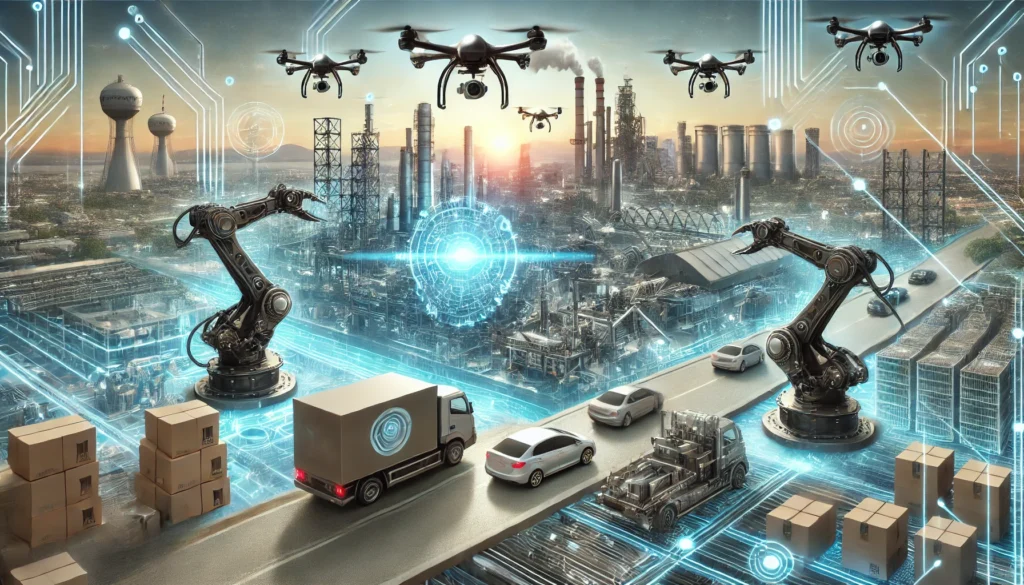
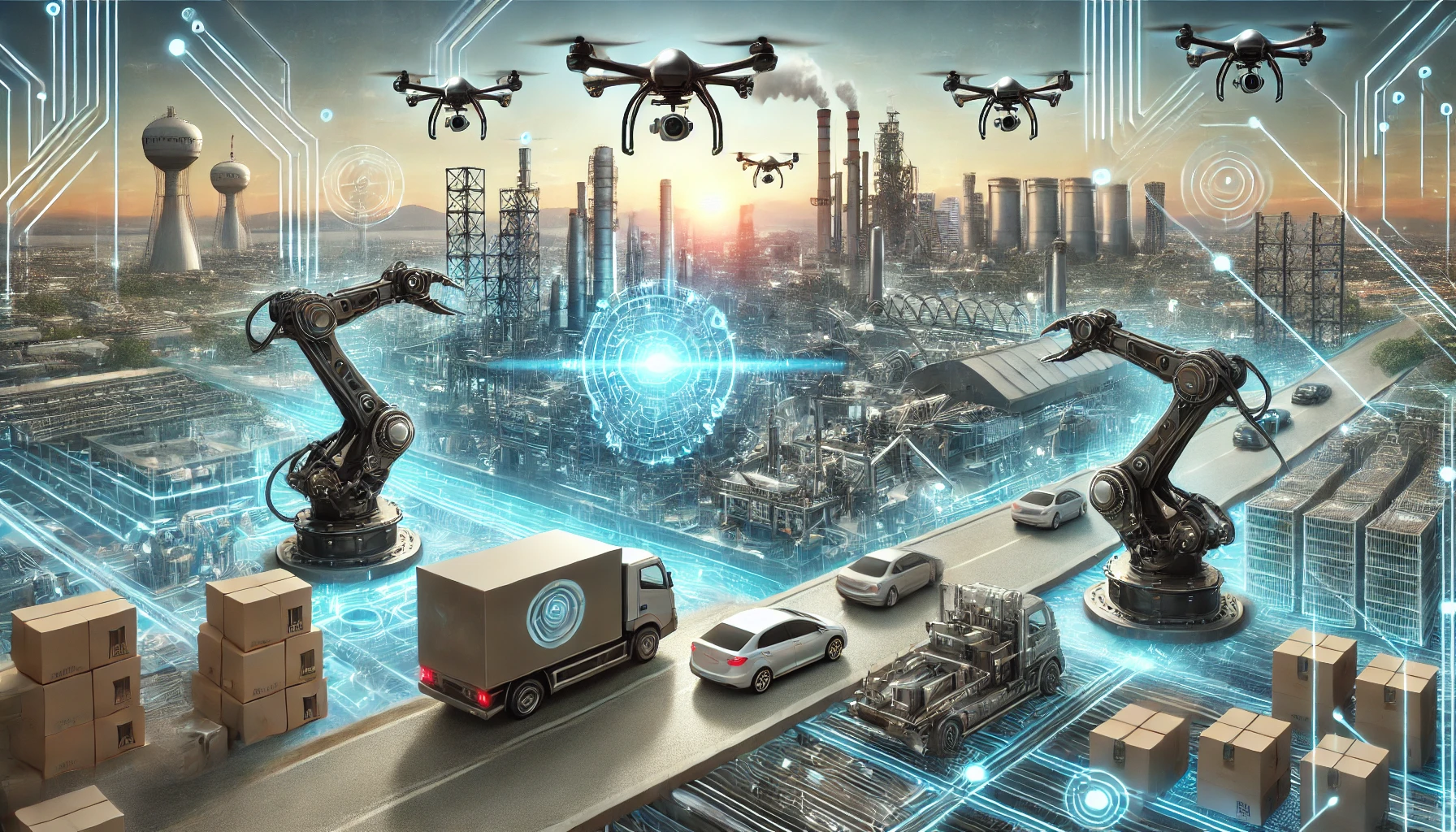
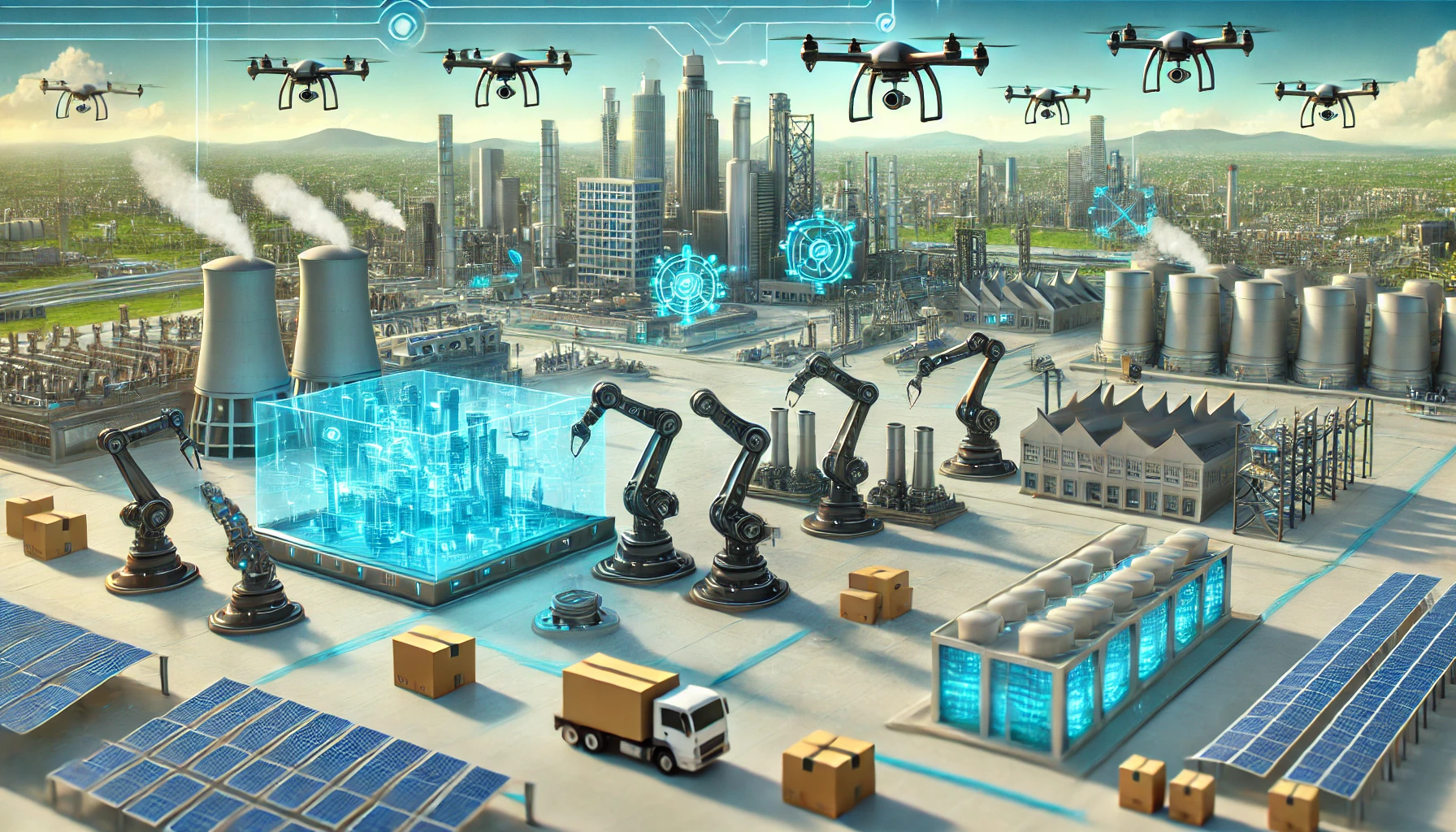
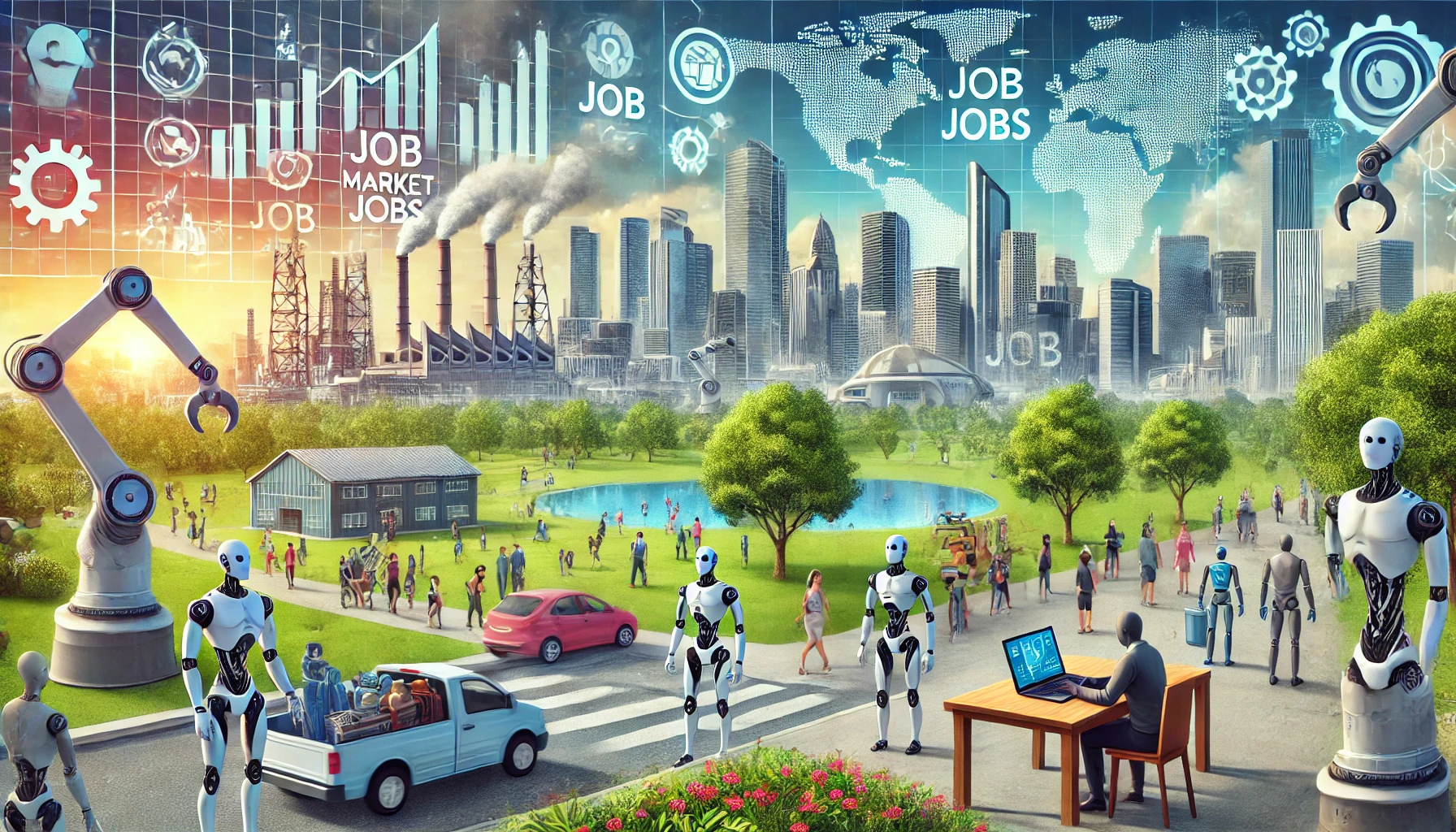
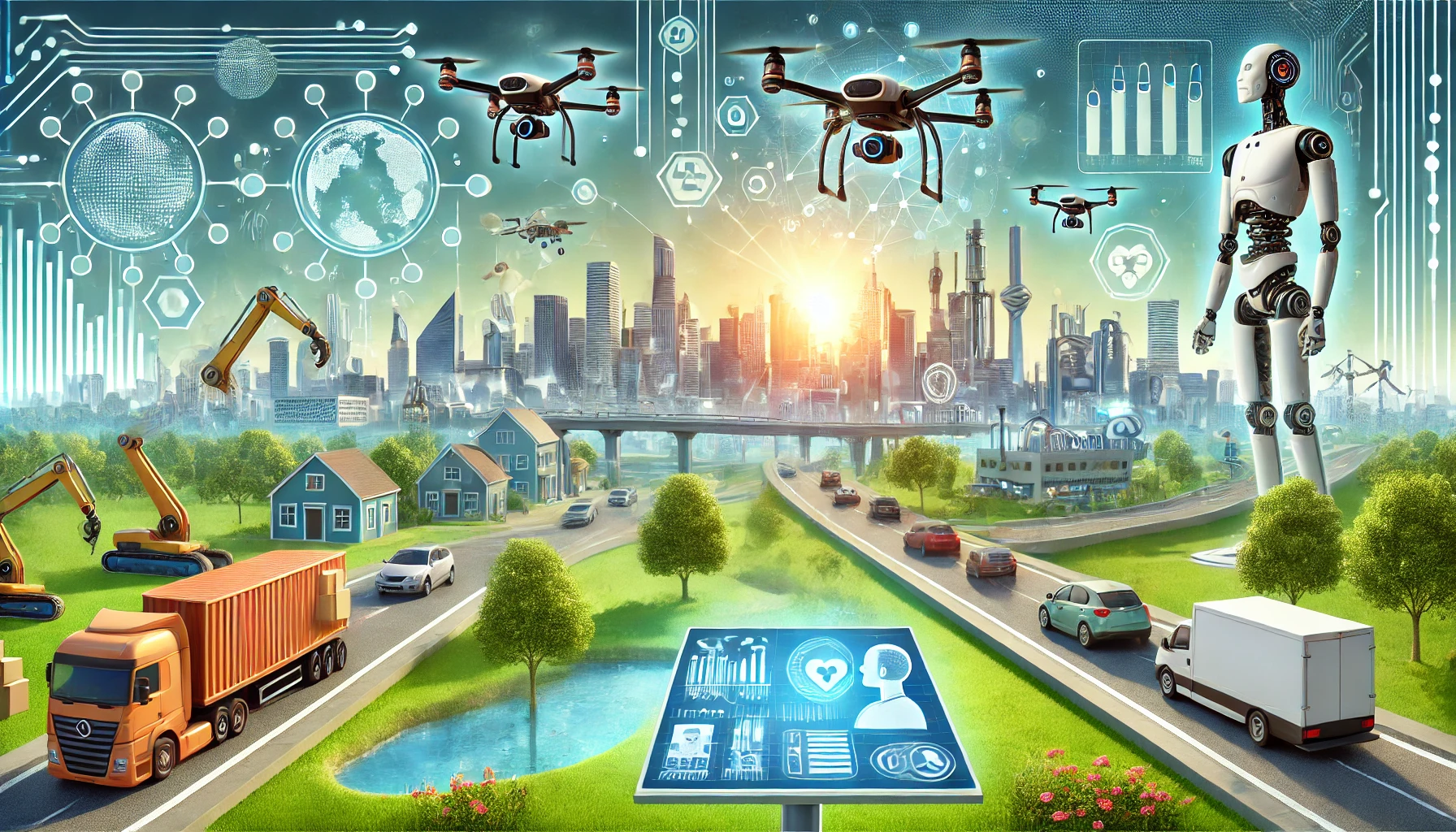


Great beat ! I wish to apprentice at the same time as you amend your website, how could i subscribe for a weblog web site? The account aided me a acceptable deal. I were a little bit familiar of this your broadcast provided brilliant clear idea
Thank you so much for the kind words! We’re really glad the content helped clarify things for you. You can subscribe to our blog by signing up for email updates using the subscription form on our website. This way, you’ll never miss a new post or update. Thanks again for your support!
Thanks for some other informative website. The place else could I am getting that type of info written in such a perfect means? I have a project that I’m simply now running on, and I have been at the glance out for such information.
Thank you for your kind words! We’re glad to hear the content was helpful for your project. It’s always our goal to provide clear and useful information, and we’re thrilled it met your needs. Best of luck with your project!
Normally I do not read article on blogs, but I wish to say that this write-up very forced me to try and do so! Your writing style has been surprised me. Thanks, quite nice article.
Thank you so much! I’m thrilled that the post inspired you to read, and I really appreciate your kind words!
I was suggested this blog by means of my cousin. I am not sure whether or not this post is written through him as no one else realize such specific about my difficulty. You are wonderful! Thank you!
Thank you so much! I’m really glad this post was helpful and that it resonated with your situation. I appreciate your kind words!